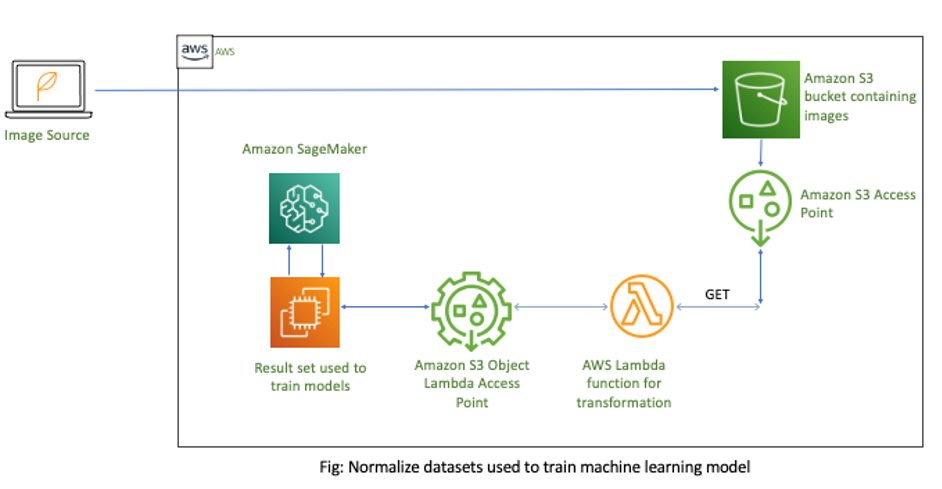Latest Insights
AWS Machine Learning: Transforming Media and Entertainment
One AWS pathway of technology, that has the potential to transform the industry of media and entertainment, is machine learning. Machine learning can…
New Features in Amazon Managed Grafana
During late August 2021, AWS made Amazon Managed Grafana generally available. At re:Invent, they launched some new features, specifically for new…
Prevent Fake Account Sign-ups With AI Using Amazon Fraud Detector
Early November, Anjan Biswas, Senior Solutions Architect at AWS, revealed how you can implement a real-time fraud prevention system by preventing…
Want to find out more?
Got questions? We’ve got answers! Find out more about our data culture, company vision and our growing team.
Get in touch





